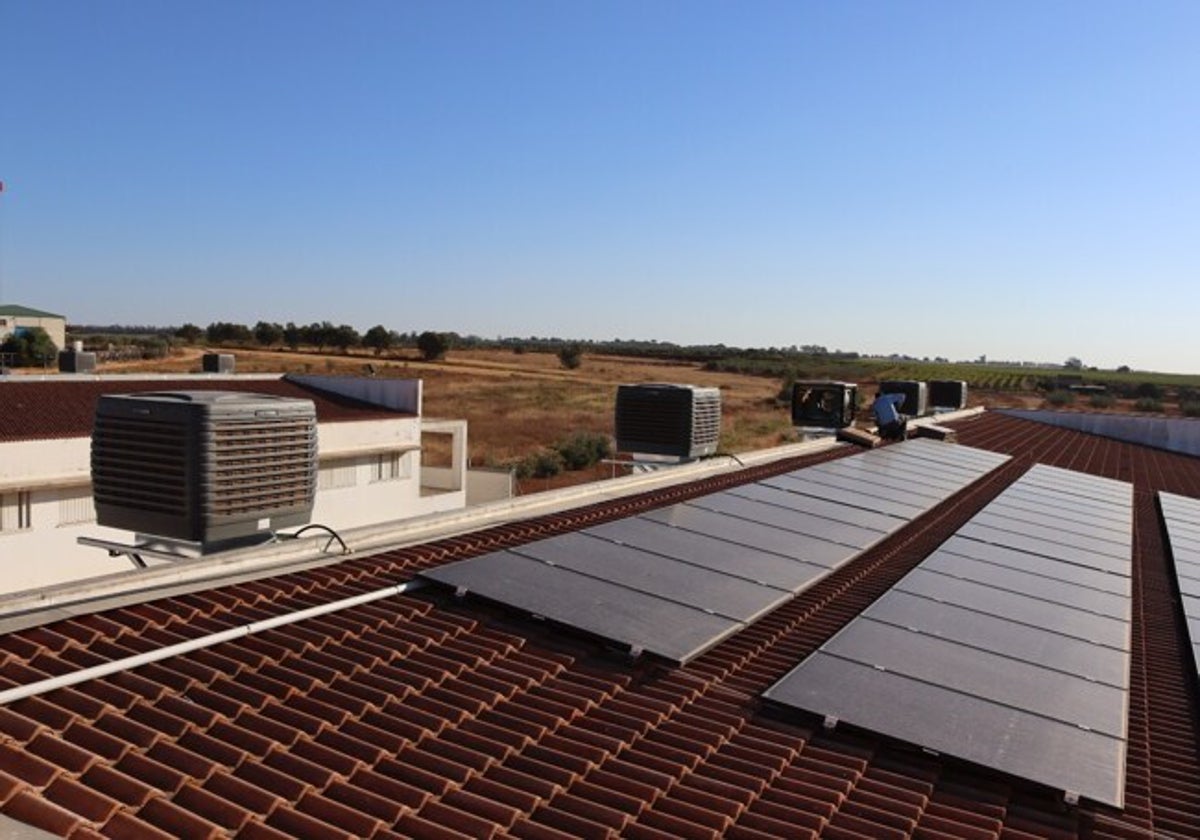Schools in Andalucía will be allowed to finish classes at noon in event of periods of extreme heat this summer
The region's Ministry of Education has invested 140 million euros in measures for helping 454 schools to keep cool
As of Monday 3 June schools in Andalucía are permitted to end classes at midday, cutting short the school day, in the event of periods of extreme heat. Such are the instructions from the Junta de Andalucía's ministry for education. Early class dismissals are in any case voluntary, each school can decide for themselves, but this must also be authorised by parents and students and staff who remain in school will complete their usual timetable or working day.
In recent years, the regional government has invested 140 million euros to improve air-conditioning and cooling in general in 454 schools. In Andalucía there are more than 3,000 infant, junior and secondary schools. The minister in charge, Patricia del Pozo, commented on this work last Thursday at a seminar organised by SUR and the Asociación Nacional de Editores de Libros y Material de Enseñanza - national association of publishers of books and teaching materials - (ANELE) that the actions carried out to date are in response to "planning, which is going to continue; there is still a lot to do, but we started from the fact that there were dozens of them to address."
The Junta opted for an environmentally-friendly, adiabatic cooling system, an alternative to conventional air-conditioning systems that lowers the temperature of classrooms through water evaporation. The main advantages of the technology are, firstly, much lower electricity consumption (up to 80% less than conventional aircon tech) and, secondly, lower CO2 emissions. In addition, the technology works with open windows and always uses fresh air (never recirculated), thereby improving indoor air quality. Other features are that such systems do not use polluting coolants, do not dry out the environment and never create sudden changes in temperature, preventing respiratory ailments that can occur for some when using conventional AC.
This type of air-cooling system is powered by renewable energies using solar panels that reduce electricity consumption, which represents an important step forward in updating and modernising Andalucía's public centres of education.
Parental consent
Schools have autonomy to make decisions concerning the school day. They can make their students' class timetable more flexible in order to adapt to the circumstances of exceptional temperatures when to adapt to the circumstances of exceptional temperatures when the amber alert is activated (the maximum and minimum threshold temperatures are expected to be exceeded for three or four days in a row) or red (the maximum and minimum threshold temperatures are expected to be exceeded for five or more days in a row) by Spain's state weather agency (Aemet). If a school decides to apply some flexibility, it must be communicated in advance and appropriately to the families. Leaving early will be voluntary and pupils who remain at school will complete their usual timetable.

